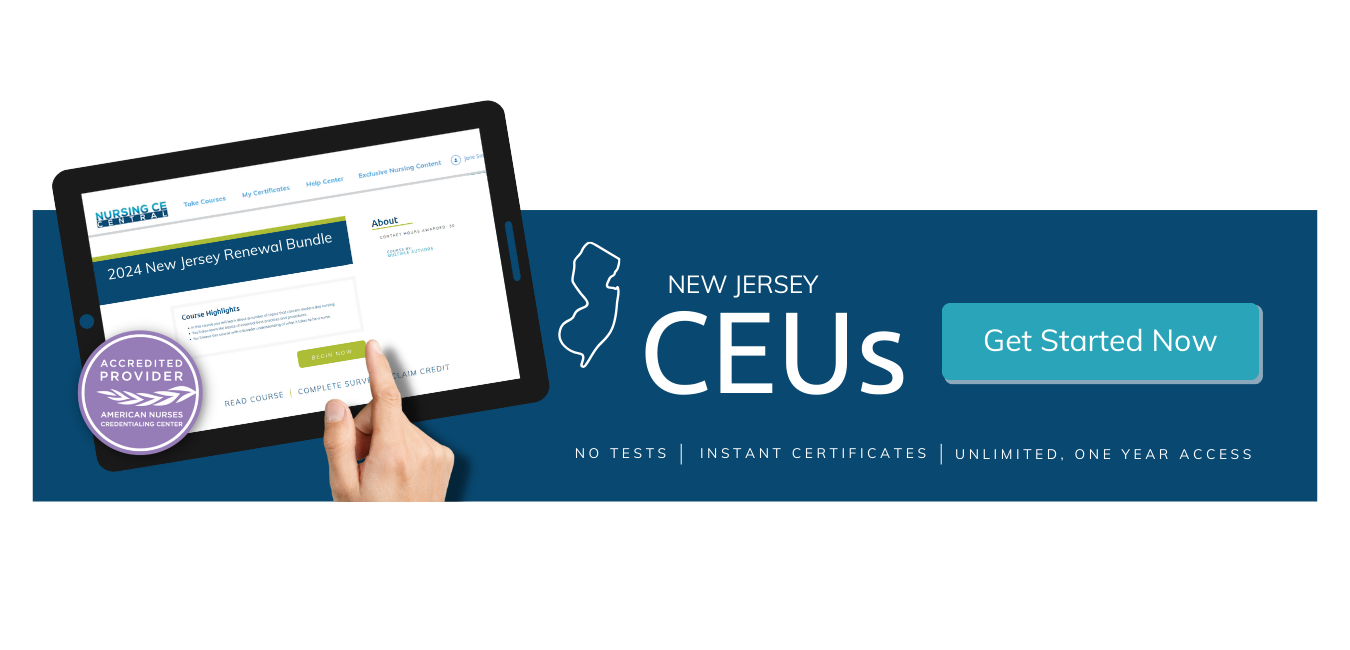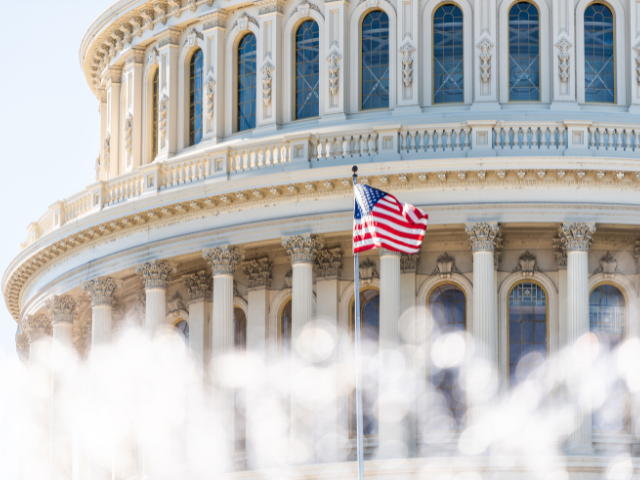Past Efforts to Expand NP Authority
At the national level, attempts were made in two previous legislative sessions to expand practice authority for APRNs.
The bipartisan Improving Care and Access to Nurses (ICAN) Act of 2023, first introduced in 2022, was a second attempt to remove “numerous administrative and practice barriers” for APRNs to care for patients. It would have allowed providers other than physicians to administer care under Medicare and Medicaid, such as:
- Allowing NPs or physicians assistants to fulfill documentation requirements for Medicare coverage of special shoes for diabetic individuals;
- Expediting the ability of physician assistants, nurse practitioners, and clinical nurse specialists to supervise Medicare cardiac, intensive cardiac, and pulmonary rehabilitation programs; and
- Allowing NPs to certify the need for inpatient hospital services under Medicare and Medicaid.
American Nurses Association (ANA) President Jennifer Mensik Kennedy, PhD, MBA, RN, NEA-BC, FAAN, said in a statement at the time that the measure would improve care for millions of people.
“By updating the Medicare and Medicaid programs and enabling APRNs to practice to the top of their education and clinical training, like they did at the height of the COVID-19 pandemic, the patients and communities being served by these nurses will get improved access to care, from the provider of their choice,” Kennedy stated. “This is especially true for those living in underserved communities who are often faced with a shortage of providers. The ICAN Act removes superfluous regulations that serve as barriers to expanding care in areas where APRNs are often the primary provider.”
The American Association of Nurse Practitioners also issued a statement in 2023 in favor of the measure. AANP President Stephen Ferrara, DNP, said at the time that the legislation would help the healthcare system better reflect the modern workforce.
However, the American College of Emergency Physicians and more than 100 other organizations opposed the measure, stating that data shows “scope expansions” haven’t increased access to care in underserved or rural areas.
“While all health care professionals play a critical role in providing care to patients and non-physician practitioners are important members of the care team, their skill sets are not interchangeable with those of fully educated and trained physicians,” they wrote in a joint letter to Congress.
California physicians also were among those opposed to a similar move in 2019, with the state medical association citing a lack of “adequate care.”
What’s the Big Deal, Anyway?
Two key arguments against expanding the role of APRNs center on the amount of training and cost effectiveness.
Physicians, according to AMA, complete between 12,000 and 16,000 hours of clinical training compared to 500 to 750 hours for NPs.
“Rather than support an unproven path forward, legislators should consider proven solutions to increase access to care and reduce health care costs, including supporting physician-led team-based care,” Dr. Madara wrote. “That would involve expanding coverage and payment for high-quality telehealth and state funding for graduate medical education to increase the physician workforce.”
More than half of U.S. states and territories have NP-related full-practice authority licensure laws, according to AANP, including: Alaska, Arizona, Colorado, Connecticut, Delaware, District of Columbia, Guam, Hawaii, Idaho, Iowa, Kansas, Maine, Maryland, Massachusetts, Minnesota, Montana, Nebraska, Nevada, New Hampshire, New Mexico, New York, North Dakota, Northern Mariana Islands, Oregon, Rhode Island, South Dakota, Utah, Vermont, Washington, and Wyoming.
AANP argues that full-practice authority improves access to and streamlines care, along with decreasing costs and protecting patient choice. It also presents its own findings that show NPs acting with full authority reduce care costs.
For example, Michigan State University’s Family Medicine Nurse Practitioner Clinic has a waiting period of one to two days for new patients seeking acute care. The industry standard for new patients to meet their healthcare provider is 11 days, according to Ann Sheehan, the MSU professor who oversees the clinic, but in Michigan it’s seven days.









